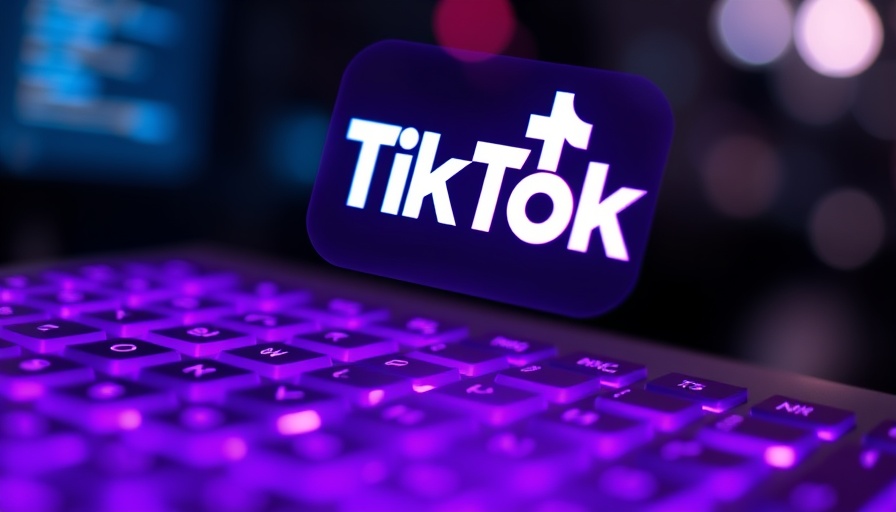
Revolutionizing Coding with Claudia: Your New AI Toolkit
In the rapidly evolving world of software development, the introduction of new command line interface (CLI) tools can be a double-edged sword. While these tools promise increased productivity through automation and real-time adjustments in coding tasks, they often fall short in usability. Enter Claudia, an open-source GUI toolkit designed to streamline this experience significantly. Think of it as a mission control center for your cloud coding needs!
In Claudia: NEW Opensource Claude Code GUI + Toolkit! (MCP & Multi-Agents), the discussion dives into how a new GUI app can enhance cloud coding, sparking deeper analysis on its potential impact on developers.
What Makes Claudia Special?
Claudia aims to create an intuitive experience by offering a clean and engaging graphical user interface (GUI) for Cloud Code—a project developed by Enthropic that harnesses AI to simplify coding tasks. Unlike other CLI tools that can be confusing and cumbersome, Claudia enhances your interaction with Cloud Code by allowing for the easy creation and management of custom agents, thus elevating your coding workflow.
Key Features to Explore
This toolkit provides a variety of features that not only make coding easier but also more efficient. Users can manage interactive sessions, run secure background agents, track usage metrics, and develop specialized custom agents with a user-friendly setup process. Claudia offers analytics dashboards to showcase total costs, sessions, average costs per session, and more, turning complex coding environments into manageable tasks.
The Future of AI Development
As AI continues to reshape industries, tools like Claudia may play a crucial role in how developers approach coding challenges. Integrating AI within user-friendly GUIs makes advanced coding accessible to a wider audience, promoting innovation across various sectors. This is especially vital as more businesses seek to leverage AI-powered solutions to improve operations and customer experiences.
Getting Started with Claudia
While the initial setup involves several prerequisites—like Node.js and Rust—once configured, users can effortlessly clone the Claudia repo and get started with their custom agent development. With support for multiple operating systems, it's inclusive and versatile, catering to developers from various backgrounds.
A Valuable Tool for Developers
In summary, Claudia represents a significant advancement in making AI-driven coding more accessible and effective for all developers. As AI continues to permeate numerous industries, embracing tools like Claudia can provide real competitive advantages.
If you’re looking to enhance your coding experience or tap into AI capabilities in development, consider exploring what Claudia has to offer. It might just revolutionize your workflow!
 Add Row
Add Row  Add
Add 




Write A Comment